COVID-19 Risk and Food Value Chains
The short- and long-term impacts of the COVID-19 pandemic on food systems remain uncertain, raising concerns about food security. The pandemic’s public health impacts, as well as the economic and logistical impacts of pandemic response measures such as lockdowns and travel restrictions, have the potential to disrupt food value chains around the globe. Such disruptions could result in labor shortages, decreased production, volatile food prices, and reduced food availability and access.
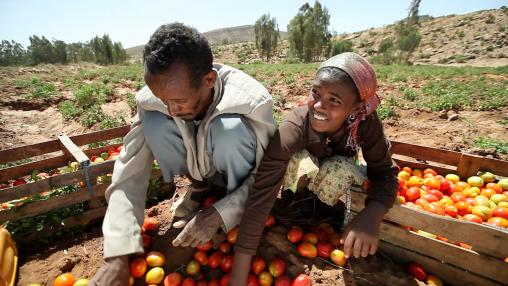
Inside Ethiopia’s agricultural success story
This post originally appeared on IFPRI.org .
By Francesca Edralin
Ethiopia’s rapid economic and agricultural growth over the past two decades is a well-known African success story. In 2000, Ethiopia ranked as the second-poorest country in the world , according to Oxford University’s Global Multidimensional Poverty Index. Then, thanks in large part to sustained investments in the agricultural sector, the economy grew and poverty fell. Ethiopia was the third-fastest growing country in the world from 2000 to 2018 based on GDP per capita, according to World Bank data.
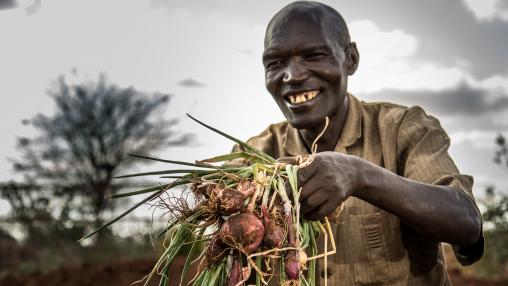
Africa's Agricultural and Rural Development
Recent occurrences in the global arena, such as volatile commodity and resource markets, suggest the urgent need for African countries to develop policy options that can mitigate resource constraints and their attendant consequences. The transformation and development of Africa’s agricultural sector, especially the development of functional value chains, hold huge potentials for African economies through employment creation, income generation, and improvement of household livelihoods.
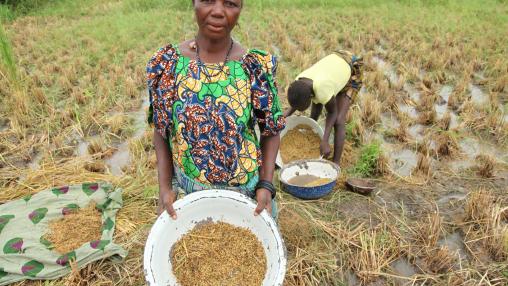
Upgrading Rice Value Chains in West Africa
By: Sara Gustafson
In the wake of the 2008 food price crisis, many policymakers and development practitioners shifted their focus toward enhancing the capacity and resilience of domestic food value chains. In West Africa, this new focus centered on rice. Since rice constitutes a leading staple food source in the region, it was hoped that increased investment in this area would increase domestic rice production and reduce reliance on imports, thus improving food security.
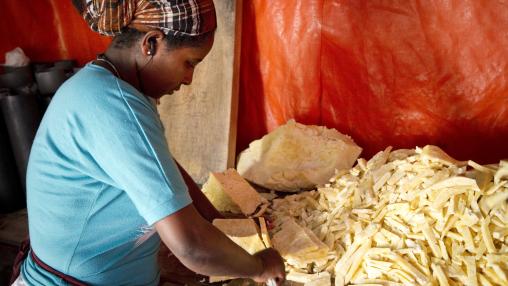
COVID-19 and Dairy Value Chains in Ethiopia
This post originally appeared on IFPRI's Ethiopia Support Strategy Program (ESSP) blog.
The share of households consuming dairy products in Addis Ababa has dropped by 11 percentage points since the COVID-19 crisis, seemingly linked to perceived risks of consuming dairy products. All income groups declined their consumption, except for the richest quintile where the share of consuming households changed little.
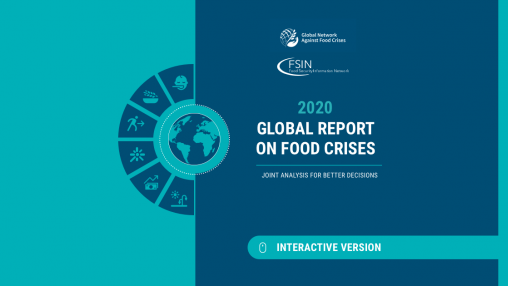
2020 Global Food Policy Report
Africa’s food system has experienced rapid transformation in recent years, driven by widespread urbanization and increasing incomes. In addition, initiatives like the African Continental Free Trade Area have resulted in changes to market structure and functioning in an effort to spur regional trade and economic growth. These changes present new income-generating opportunities all along the agrifood value chain, from farmers to processors, traders, distributors, and the food service industry.
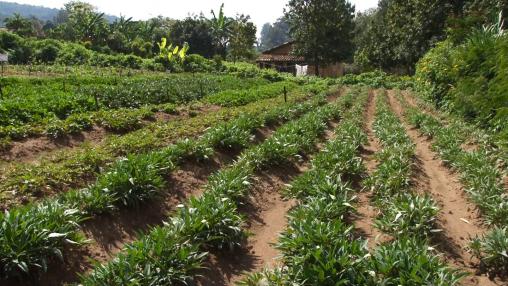
Is African Agriculture Waking Up?
This post first appeared on Trade for Development News and the ReSAKSS blog.
Despite longstanding recognition of the benefits of trade and the importance of improving competitiveness, Africa is performing beneath its potential in global and regional agricultural markets.
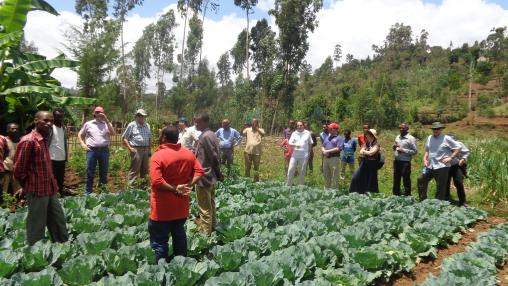
Rurbanomics: The path to rural revitalization in Africa
This post first appeared on the D+C Development and Cooperation site and IFPRI.org.
The deadlines to achieve the Sustainable Development Goals (SDGs) and the Paris climate goals draw ever closer. The ambitious imperative of the SDGs is to “leave no one behind.” The implication is that we must urgently revitalize rural areas, especially in Africa south of the Sahara. Now is the time for a dramatic, system-wide transformation to make rural areas more productive, more sustainable, more climate-resilient, healthier and more attractive places to live.
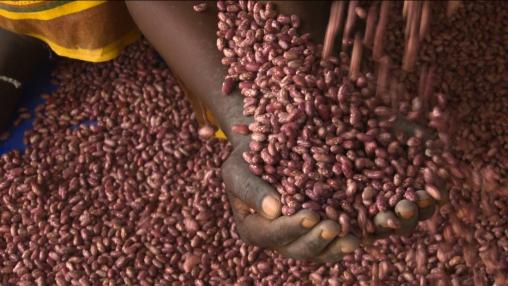
Value chains for improved nutrition
Populations around the world continue to struggle with malnutrition – both undernourishment and overweight/obesity – and climate change may exacerbate the problem. In addition to reducing overall agricultural yields, higher temperatures and erratic precipitation could increase spoilage of nutritious and perishable foods like fruits and vegetables. Climate change could even make foods themselves less nutritious; increased CO2 levels can reduce the protein content of certain crops, such as soybeans and grains.
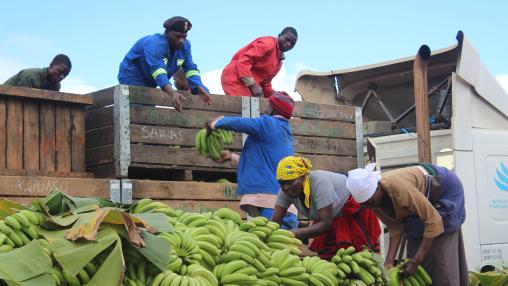
Value chain distortions in Tanzania
Since the 1990s, the Tanzanian government has striven to transform the country into a semi-industrialized economy supported by productive commercial agriculture. To accomplish this goal, policymakers pursued a policy of trade liberalization and reduced government intervention, including the agricultural sector. As a result, Tanzania has experienced a moderately high agricultural sector growth rate of 4.1 percent per year over the last two decades; this rate is comparable with neighboring countries including Kenya (4 percent growth per year) and Uganda (3.2 percent).